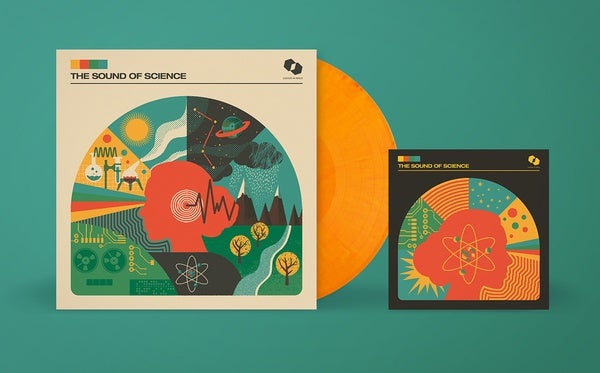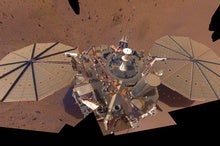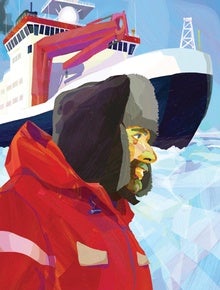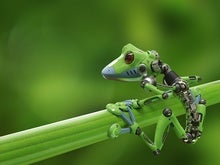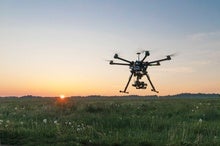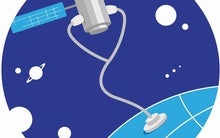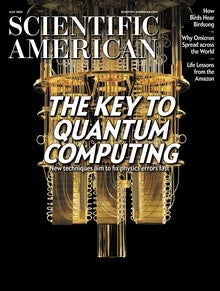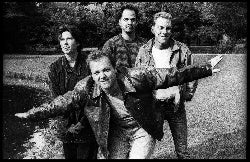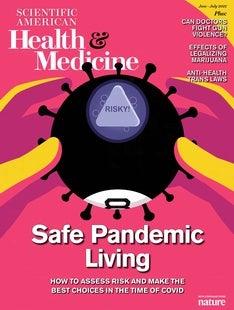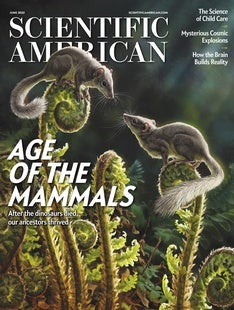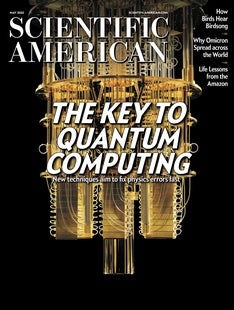Step back in time on a journey to the key Neanderthal and Upper Palaeolithic sites of southern France between Bordeaux and Nice with Palaeolithic archaeologist and author Dr Rebecca Wragg Sykes. See some of the oldest traces left by archaic humans: stone tools, art objects, cave paintings and skeletons that have changed the way we think about Neanderthals.
While their fossils were first recognised some 160 years ago, until recently nobody knew whether or not Neanderthals had any culture or complex cognitive abilities. In this tour, Rebecca shows how advances in archaeological methods, especially over the past three decades, have transformed our understanding of these ancient ancestors.
Visit renowned archaeological sites and gain a deep understanding into the life and development of the Neanderthals, all while exploring beautiful medieval towns and stunning countryside.
| 
